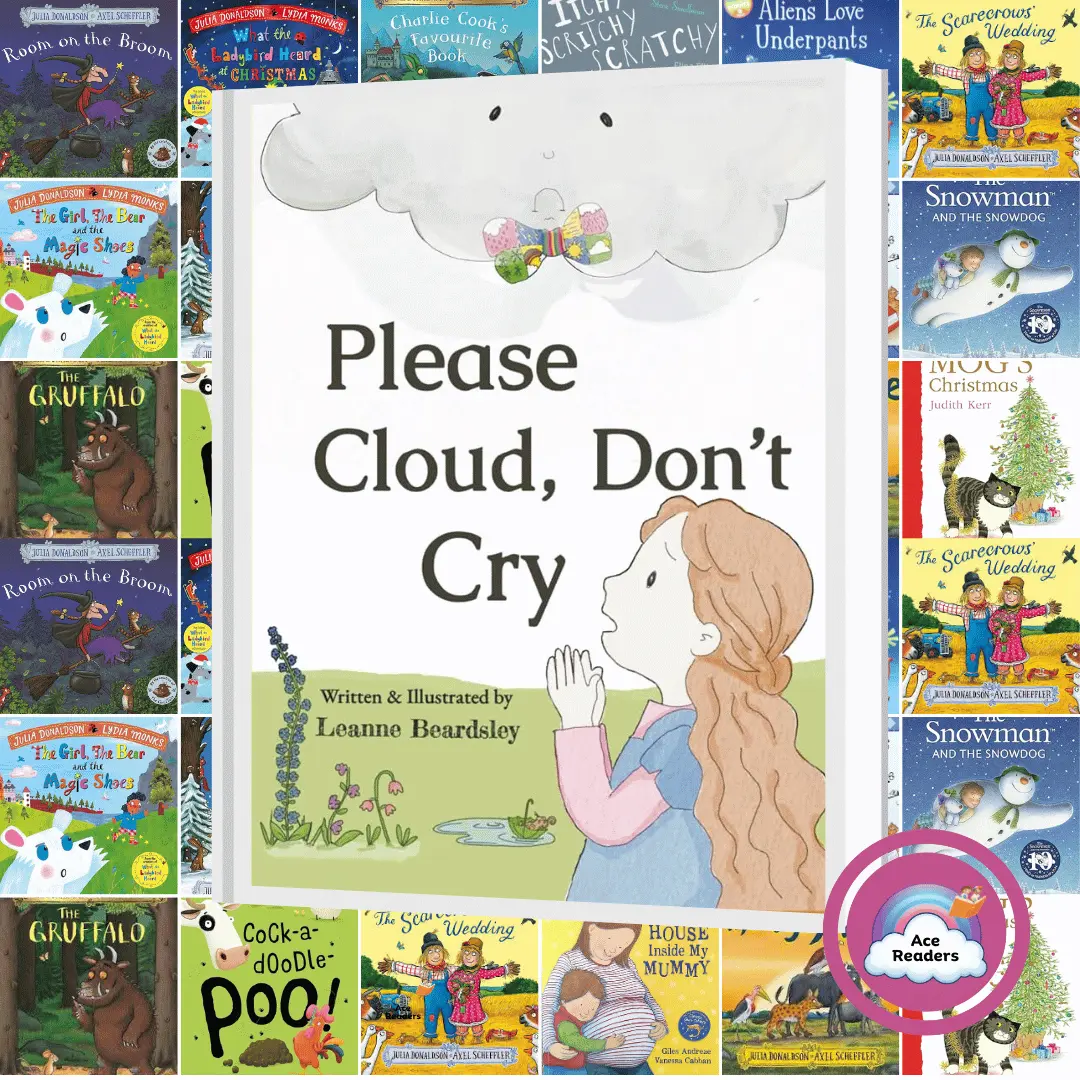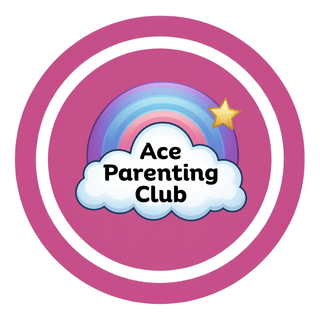Books are more than just bedtime stories. They are powerful tools that support children’s learning and development in ways we may not always notice.
In a world where screens are everywhere and answers come instantly, it’s easy to underestimate the quiet power of reading. Books slow things down. They give children time to think, to wonder, and to make sense of ideas in a gentle, unpressured way.
From the very beginning, reading supports multiple areas of early learning and development — often all at once. A single story might introduce new words, spark curiosity about the world, support emotional understanding, and strengthen fine motor skills, all while creating a moment of connection with a trusted adult.
Below are five key areas of child development that books naturally support. You can read through them all, or dip into the sections most relevant to your child right now.
How Do Books Help Children Learn Maths?
Books offer a relaxed and engaging way to introduce early maths concepts. Through counting, patterns, repetition, and rhyme, stories make numbers feel familiar and approachable.
Titles such as Ten Little Ladybirds or 10 Little Pirates use rhythm and clear visuals to explore ideas like quantity, sequencing, and comparison. Children begin to recognise numbers and patterns without the pressure of formal learning or worksheets.
Because these concepts are embedded within stories, children often absorb early maths skills naturally. Sometimes without even realising they are learning.
2.
How Do Books Help Children Understand the World?
Stories are often a child’s first window into the wider world. Through books, children explore nature, science, family life, celebrations, and cultures beyond their own experiences.
For example, The Bog Baby by Jeanne Willis introduces ideas about natural habitats and caring for living things through a gentle fictional story. Rama and Sita: The Story of Diwali helps children learn about cultural traditions and religious festivals, encouraging curiosity and respect for others.
Even imaginative stories play a role here. By encountering new settings, characters, and situations, children begin to make sense of how the world works and how people live within it.




How Do Books Support Personal, Social and Emotional Development?
Books play a powerful role in helping children understand emotions, relationships, and social situations.
Stories such as Goodbye Mog can help children process feelings around loss, while The Huge Bag of Worries opens up gentle conversations about anxiety and big emotions. Seeing characters experience similar feelings helps children understand that emotions are normal and manageable.
Books also explore themes such as friendship, kindness, sharing, boundaries, and consent. Talking about these ideas through stories often feels safer and more natural than direct conversations, giving children the language and confidence to express themselves over time.


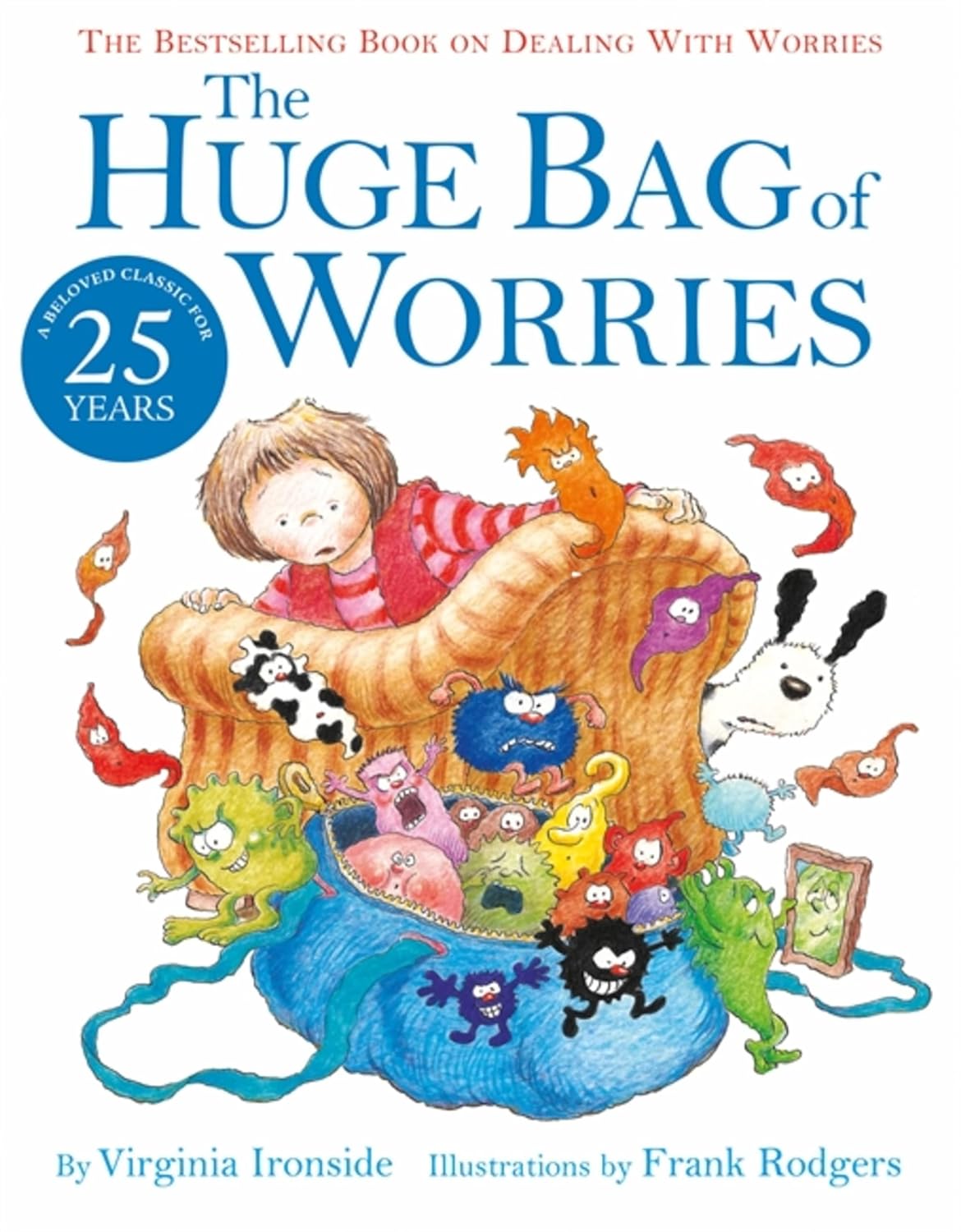


4.
Do Books Help with Physical Development?
While it’s not always obvious, books also support physical development, particularly fine motor skills.
Turning pages, pointing at pictures, lifting flaps, and interacting with textures all help strengthen hand and finger coordination. These small movements are important foundations for later skills such as writing and self-care.
Some books also support independence and daily routines. For example, No More Nappies from the Big Steps series helps children approach toilet training in a calm, positive way. Other books include actions, songs, or movement prompts that encourage children to clap, stretch, or join in physically while reading.
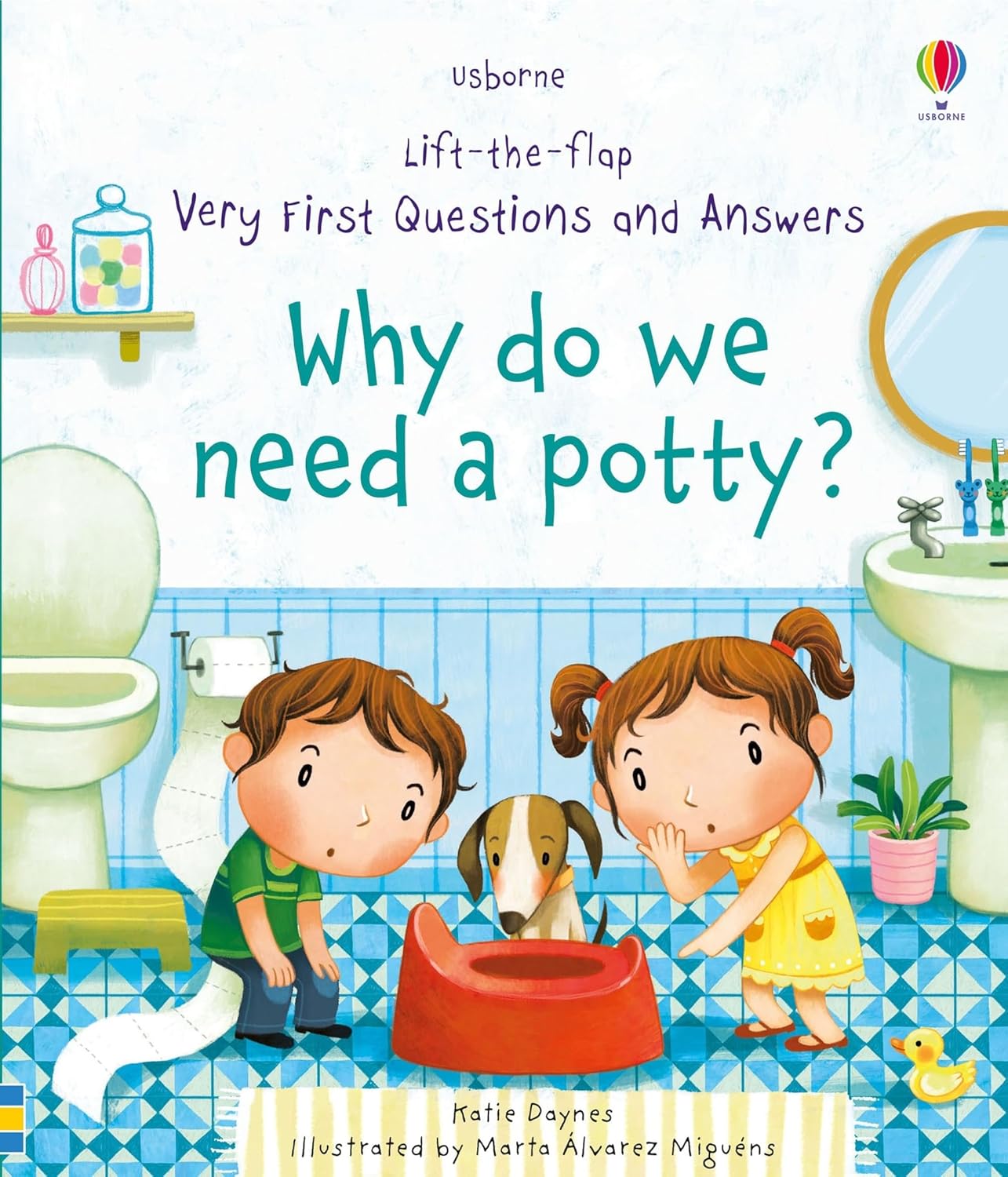
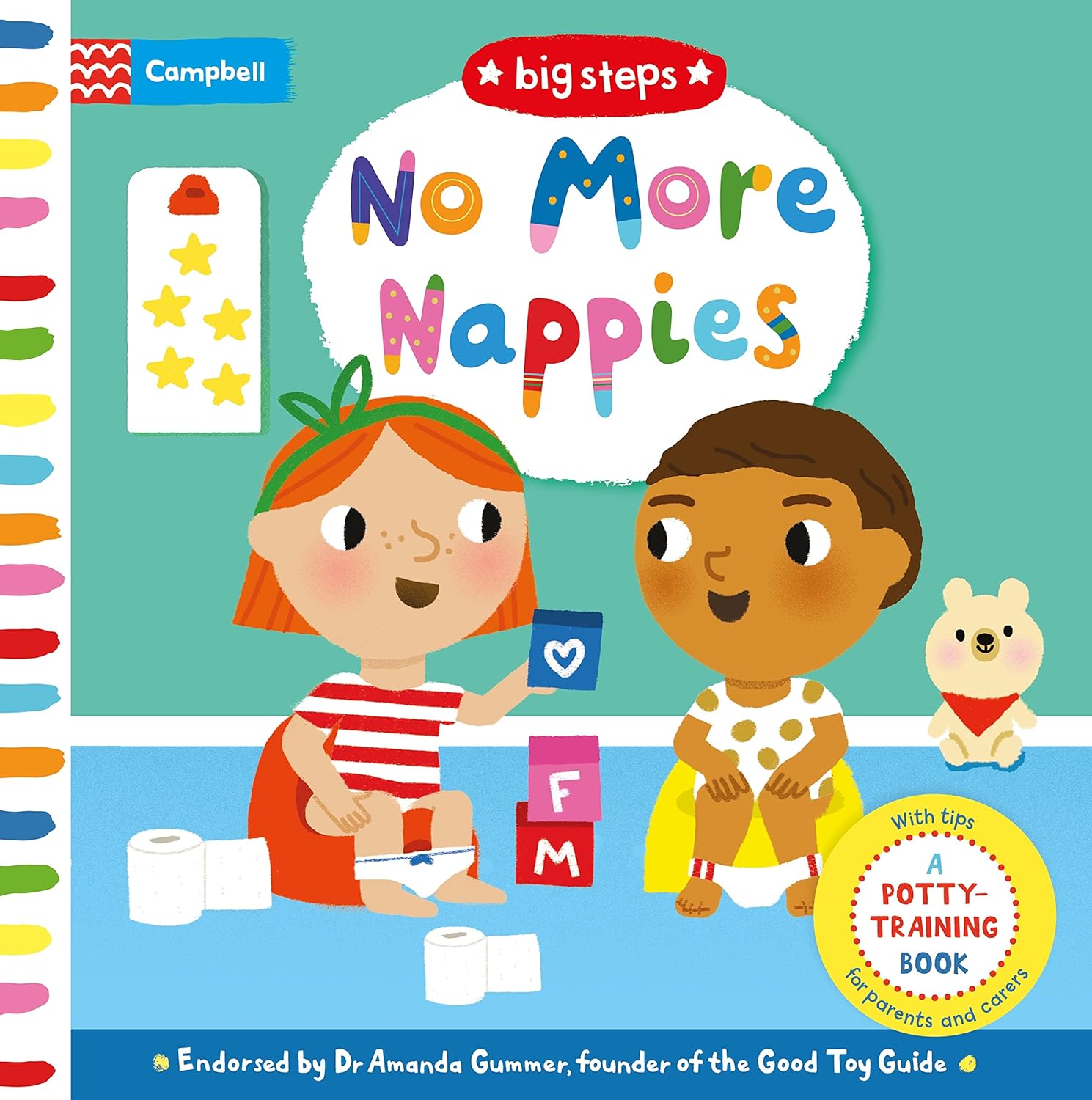


5. Why Is Reading So Important for Language Development?
Language development begins from birth, and reading is one of the most effective ways to support it.
Through books, children hear new vocabulary, sentence structures, and ways of expressing ideas. Repeated exposure helps them understand how language works and builds confidence in communicating their thoughts, needs, and emotions.
For multilingual families, bilingual books can be especially valuable, supporting both home languages in a natural and enjoyable way. The more children hear rich, varied language through stories, the stronger their communication skills become over time.

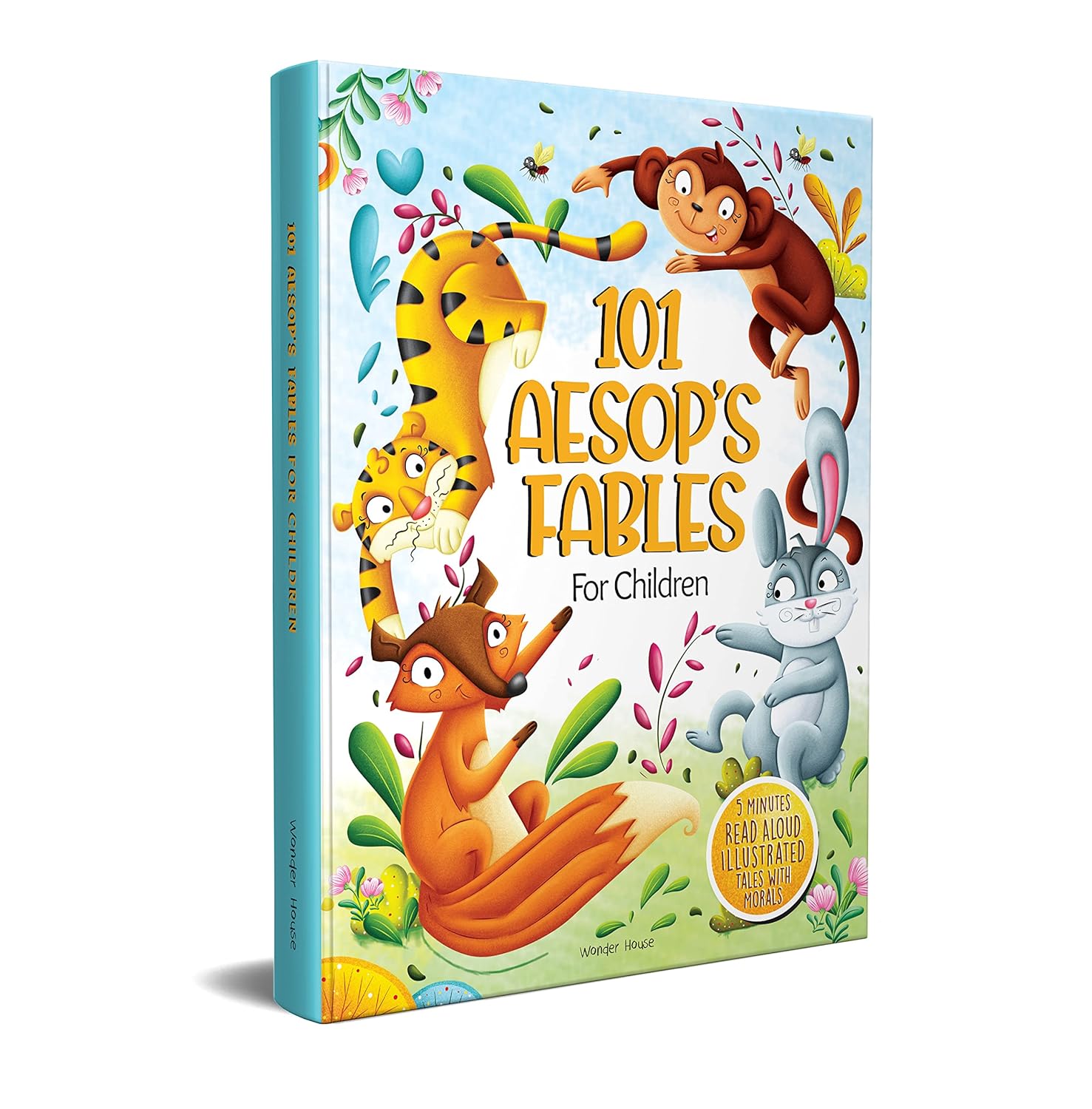


Our Final Thoughts
Books are far more than a way to end the day. They are learning tools, conversation starters, and gentle guides through early childhood.
You might open a book to support your child’s counting, but along the way they may also learn about kindness, emotions, nature, or the wider world. Whether you’re reading at bedtime, curled up on the sofa, or fitting in a story during a busy morning, each book creates an opportunity to connect, learn, and grow together.

